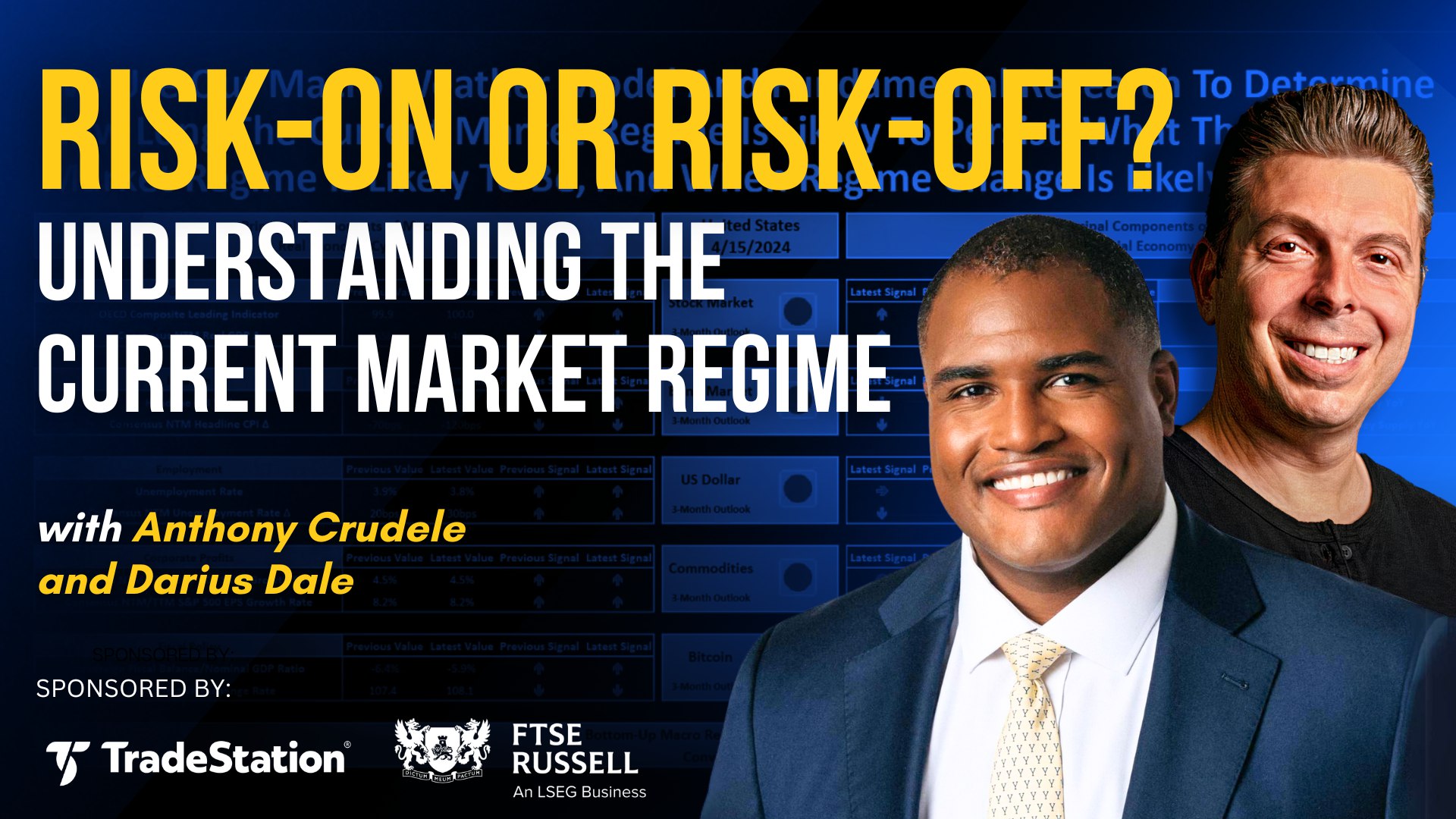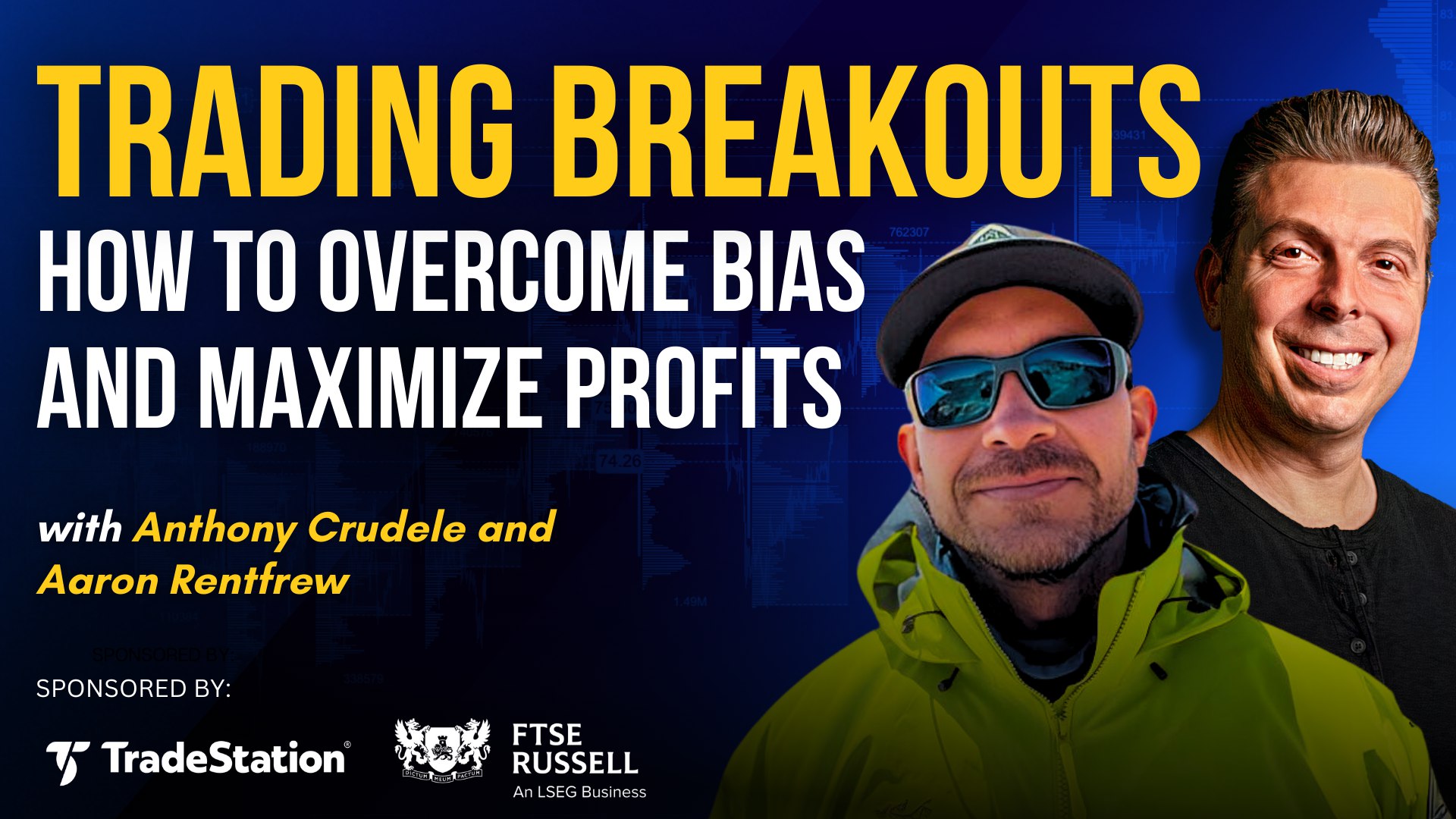Guest:
Jesse Felder
Publisher of The Felder Report
Record Date: 12/19/16
Dear Traders,
Today I talked to someone who started paper trading when he was in junior high, right out of school he went to work for bear sterns, then he started his own hedge fund where he was the head trader.
He has since went on his own and moved to bend Oregon to run a family office. During that time he started writing a blog called the Felder Report. A blog that I regularly read for sentiment on the markets.
In today’s episode I spoke with Jesse about some of his recent posts. This summer in Jesse’s blog he mentioned that we were witnessing the final stage of the bond bull market, he followed up in a recent post by saying the 10 yr could double from here, and then he mentions parallels to this latest bond market selloff to 1994 and 1987. If you don’t know the importance of those years, well in 1987 the stock market crashed.
We talked about President Elect Trump and how he may be looking to reverse globalization and what that means for investors and traders if that happens. Last but not least, Jesse tells us where he sees the best opportunities and biggest risks for investors over the next 10 yrs.
[bctt tweet=”@jessefelder The low interest rates have pushed people into stocks, so as rates rise, it could pull people out of them..” username=””]
Biggest Takeaways:
- He explains why we’ll see inflation and possible stagflation through trumps presidency term.
- Why the bond market is signaling parallels to 1987.
- The best opportunities for investors in the next 10 years. The biggest risks.
- What the ratio between financial assets and real assets is telling us.
Answers to the 4 rapid fire questions at the end of the show:
- How has your trading evolved over the years?
- Started as a pure fundamental guy, I was a big fan of Warren Buffett and Ben Graham. About 10 years ago I discovered technical analysis. I thought they were about trend following. “Everybody talks about making money in the meat of the trend, but I’ve found I’ve made the most money at the turn.” – Paul Tudor Jones. The eliot waves make sense to me. Momentum studies, and DeMark indicators. Tom DeMark’s buy and sell signals really help now. I went from pure fundamental to adding a some technicals.
- Can you tell me the moment that trading just clicked for you?
- It was about 2005, I met a guy that was combining many different technical indicators into an algorithm. Eliot Waves, DeMarks, and basic momentum indicators.
- What’s the number 1 source you spend your time on?
- I’ve been spending a lot of time on Twitter. There’s an iPad app called nuzzle I use to filter twitter. Also streeteye.com, it curates the most popular articles on finance twitter.
- Favorite Book About Trading:
- Reminiscence of a Stock Operator, Livermoore.
- Jesse Livermoore: Boy Plunger.
- Favorite Movie About Trading:
- The Big Short was fantastic.
- Money for Nothing, it tells the other half of The Big Short.
- Best Advice Ever Received About Trading:
- Market Wizards, Jim Rogers: “Patience is a virtue in the markets. Wait until there’s an opportunity so good you can’t resist taking advantage of.”
- Most of the time, it’s better to wait for a good pitch.
- Advice to Give to Others About Trading:
- Read any of the trading books, study the greatest traders. During the early stages of learning almost all of them go broke. Only risk an amount of money you’re willing to lose, and go from there. It’s the tuition at the school of trading.
Resources:
- Blog: httpss://www.thefelderreport.com/about/
- Resources:
Quotes:
- “If we get Trumps fiscal stimulus he wants, we’ll get inflation…”
- “Globalization has been the biggest force of disinflation, if Trump slows down globalization, it will reverse disinflation…”
- “There’s a good chance we’ll see rising inflation…”
- “The low interest rates have pushed people into stocks, so as interest rates rise, it could pull people out of them…”










